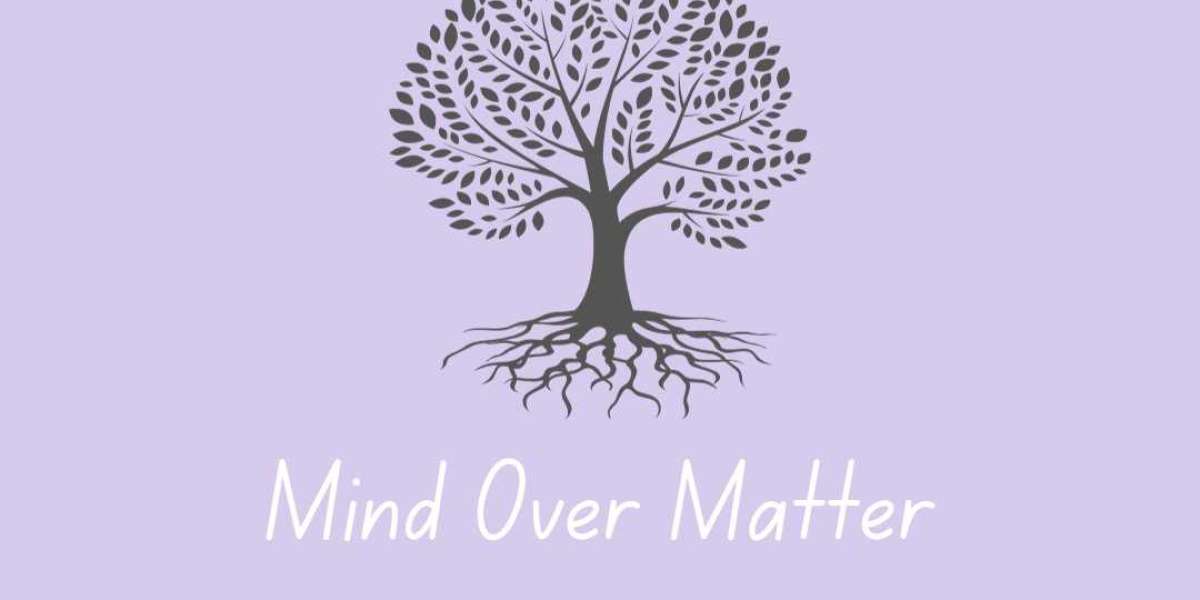Introduction: In the intricate dance between mind and body, the relationship between mindset and physical pain is a fascinating and complex one. How we perceive, process, and respond to pain can significantly impact our overall well-being. In this blog, we will explore the powerful connection between mindset and physical pain, uncovering the ways in which cultivating a positive mindset can influence our experience of pain.
The Power of Perception:
1. Mindset Matters:
Our mindset, or the lens through which we view the world, plays a crucial role in shaping our response to physical pain. Adopting a positive mindset can empower individuals to face pain with resilience and a sense of control. We'll delve into the science behind how our thoughts and attitudes can impact the intensity and duration of pain.
2. The Psychology of Pain:
Explore the psychological aspects of pain, including the role of stress, anxiety, and fear in amplifying physical discomfort. Learn how adopting mindfulness and relaxation techniques can help break the cycle of negative thoughts, providing relief and promoting a healthier mindset.
The Mind-Body Connection:
3. Stress and Tension:
Discover the intricate connection between stress and physical pain. Explore strategies for managing stress, such as meditation, deep breathing, and progressive muscle relaxation, to alleviate tension and reduce the impact of pain on the body.
4. Neuroplasticity: Rewiring the Brain:
Dive into the concept of neuroplasticity and its implications for pain management. Understand how the brain can adapt and change, and learn about exercises and practices that promote rewiring the brain to perceive pain differently.
Strategies for a Positive Mindset:
5. Cognitive Behavioral Therapy (CBT):
Explore the principles of CBT and its effectiveness in changing thought patterns related to pain. Learn how this therapeutic approach can equip individuals with practical tools to shift their mindset, ultimately reducing the impact of physical pain.
6. Mindful Movement:
Discover the benefits of incorporating mindful movement practices, such as yoga and Qigong, into your routine. These activities not only promote physical well-being but also encourage a positive mindset by fostering a mind-body connection.
Conclusion:
In the realm where mindset and physical pain intersect, there lies immense potential for transformation and healing. By understanding the power of perception, acknowledging the mind-body connection, and adopting strategies for a positive mindset, individuals can navigate the challenges of physical pain with resilience and grace. Remember, the journey to pain management is unique for each person, and cultivating a positive mindset can be a key ally in this process.







